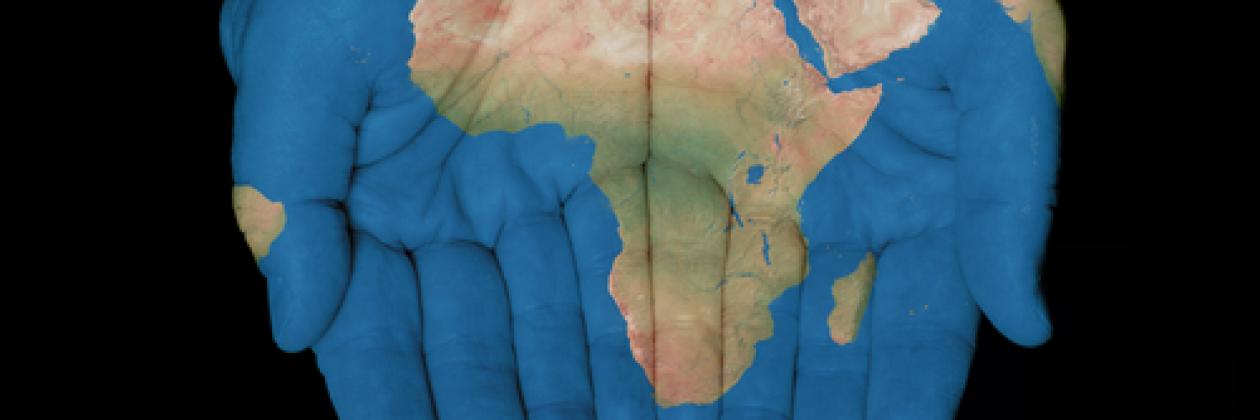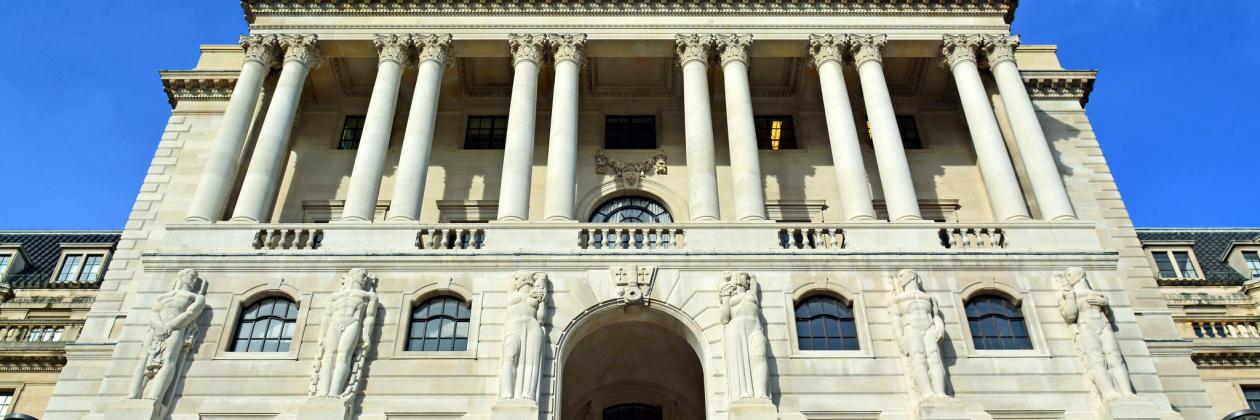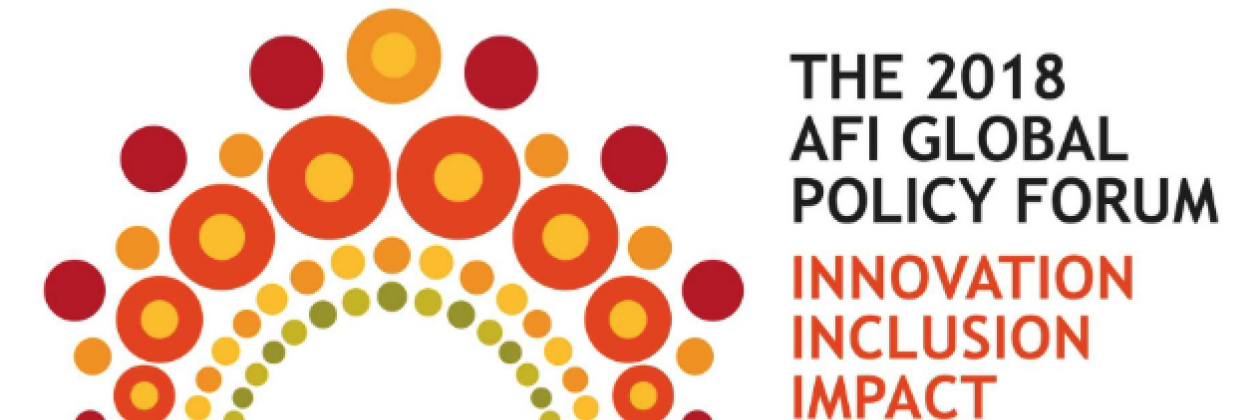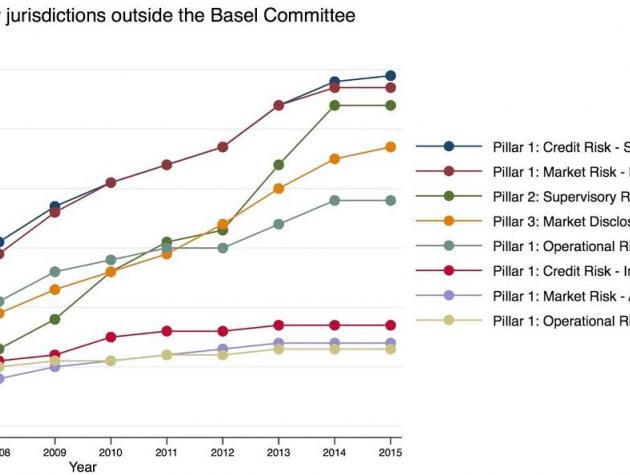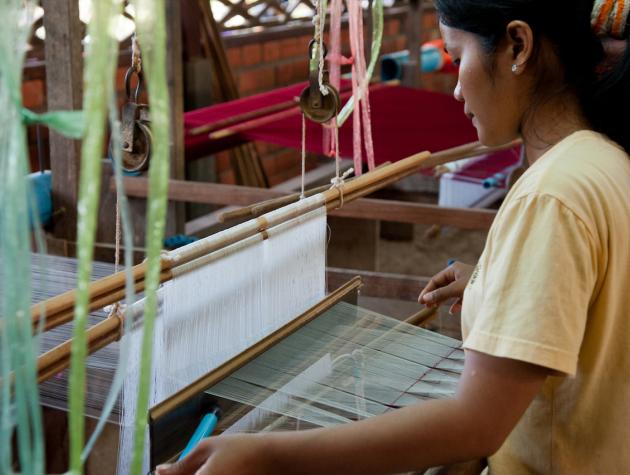Associate Professor Emily Jones
Emily Jones directs the Global Economic Governance Programme which fosters research and debate on how to make the global economy inclusive and sustainable. She is a Fellow of University College and Associate Professor at the Blavatnik School of Government, as well as Special Advisor to the UK Parliament's International Trade Committee.
Emily’s research examines the political economy of global trade and finance, focusing on the ways in which governments can exert influence in asymmetric negotiations. Emily teaches courses on international political economy and negotiation strategy and skills for public policy, specialising in international trade. She regularly runs executive short courses for the UK and foreign governments.
Emily holds a DPhil in International Political Economy from the University of Oxford, and an MSc (distinction) in Development Economics from the School of African and Oriental Studies, University of London, and a first-class BA in Philosophy, Politics and Economics from the University of Oxford. She previously worked in Ghana's Ministry of Trade and Industry, for Oxfam GB, and for the UK Department for International Development.
Research Projects
Regulating the Global Digital Economy
Emily leads this research project in cooperation with Digital Pathways at Oxford, which aims to explore how digitalisation has affected global economic governance. Its main focus is on trade and data flows, market concentration and competition policy, cybersecurity, taxation, digital technology standard-setting, and labour rights in the gig economy. The aim of this project is to deepen the collective understanding of the dynamics of cross-border regulation in each of these issue areas, identify common threads, and pinpoint areas for future research, with a distinct priority of extending the discussion beyond the vantage point of the ‘big three’, the US, EU and China. See the project website for more details.
UK trade policy
Emily has been working to define and address the major concerns, challenges and opportunities around UK trade policy in the post-Brexit era. Her research examines policymaking processes – such as a comparative study of parliamentary scrutiny of trade deals – as well as how the UK can approach specific aspects of trade policy, such as digital trade. As part of this project, Emily has provided evidence to Parliament and convened workshops to facilitate dialogue between key stakeholders. Read a summary of the project's initial activities.
Developing countries navigating global banking
Emily led a research project examining the ways in which developing countries are responding to global banking standards, and the politics behind their decisions. The project brings together fifteen researchers from different disciplines and countries. The research reveals how global finance and the regulatory decisions made in the world’s largest financial centres affect policy and regulations in countries at the periphery of the global economy. The project is funded by an ESRC/DFID grant. See the project website for more details.
Small states exerting influence in international trade negotiations
Emily’s previous research examined the ways in which smaller countries can exert influence in international trade negotiations. Outputs include: Negotiating Against the Odds: A guide for trade negotiators from developing countries (Palgrave Macmillan 2013) and E. Jones, C. Deere Birkbeck & N. Woods Manoeuvring at the Margins: Constraints Faced By Small States in International Trade Negotiations, (Commonwealth Secretariat, 2010).
Implications of Brexit for developing countries
In May 2017 Emily co-convened a workshop with Oxfam GB, Traidcraft, the Commonwealth Secretariat, and the Overseas Development Institute to analyse the implications of Brexit for trade with developing countries (report here). This work was funded by an ESRC Impact Acceleration Award. This work fed into submissions on the UK Trade White Paper. Emily is a member of two expert advisory groups on trade and development, and trade and sustainability for the UK Department for International Trade.
Recent Publications
Jones, Emily (2020), 'Will this time really be different? Twenty years of trying (and failing) to reset Europe-Africa relations', Global Policy Journal.
Jones, Emily (2020), The Political Economy of Bank Regulation in Developing Countries: Risk and Reputation. Oxford University Press.
Jones, Emily (2019), 'The Brexit negotiations: hampered by the UK's weak strategy' European Journal of Legal Studies, Special Issue, pp. 23-58.
Jones, E., Knaack, P. (2019) 'Global Financial Regulation: Shortcomings and Reform Options' Research Article, Global Policy.
Jones, E., Zeitz, A. O. (2019) 'Regulatory Convergence in the Financial Periphery: How Interdependence Shapes Regulators’ Decisions' Research Article, International Studies Quarterly.
Jones, E., Beck, T., Knaack, P. (2018) 'Mind the Gap: Making Basel Standards Work for Developing Countries' Policy Brief, Global Economic Governance Programme, Blavatnik School of Government, University of Oxford.
Jones, E., Beck, T., Knaack, P. (2018) 'Room to Manoeuvre: How Developing Countries Can Tailor Basel Standards' Policy Brief, Global Economic Governance Programme, Blavatnik School of Government, University of Oxford.
On Brexit
- 'There's a simple way to protect the NHS from US trade negotiators' in The Guardian (1 December 2019)
- 'The Brexit impossibility triangle', co-authored with Calum Miller, in Project Syndicate (12 April 2019)
- 'Making UK trade work for development post-Brexit' (5 May 2017) – this report was produced as part of a workshop co-convened with the Blavatnik School of Government, Oxfam GB, Traidcraft, the Commonwealth Secretariat and the Overseas Development Institute. You can find out more about the 'Making trade work for development workshop on the GEG website.
- 'We can't afford a bitter Euro-divorce' in CapX (18 January 2017)
- 'Brexit: Opportunity or peril for trade with small and poor developing economies?' on the International Centre for Trade and Sustainable Development website (26 July 2016)
- 'What would make Brexit negotiations better? Here are 8 simple suggestions' in New Statesman (15 July 2016)
- 'Brexit shows globalisation needs a rethink' in Reaction (4 July 2016)
- 'Brexit negotiations: Four ways to get a good deal', co-authored with GEG founder Professor Ngaire Woods (29 June 2016)


